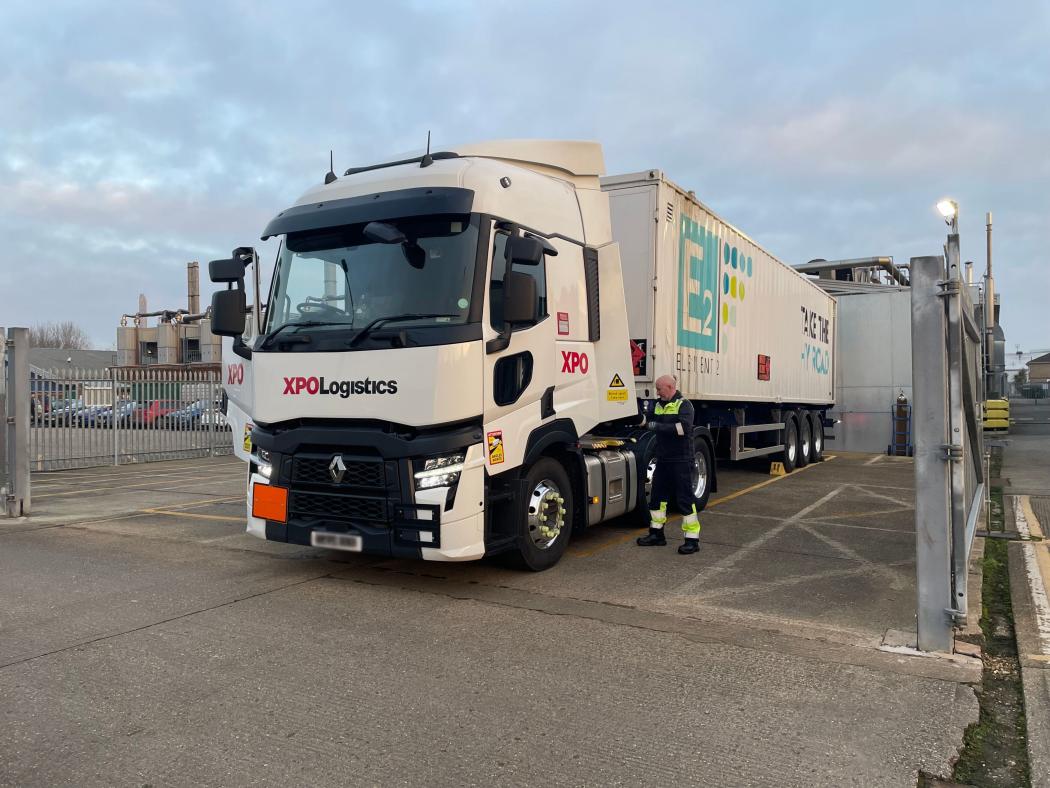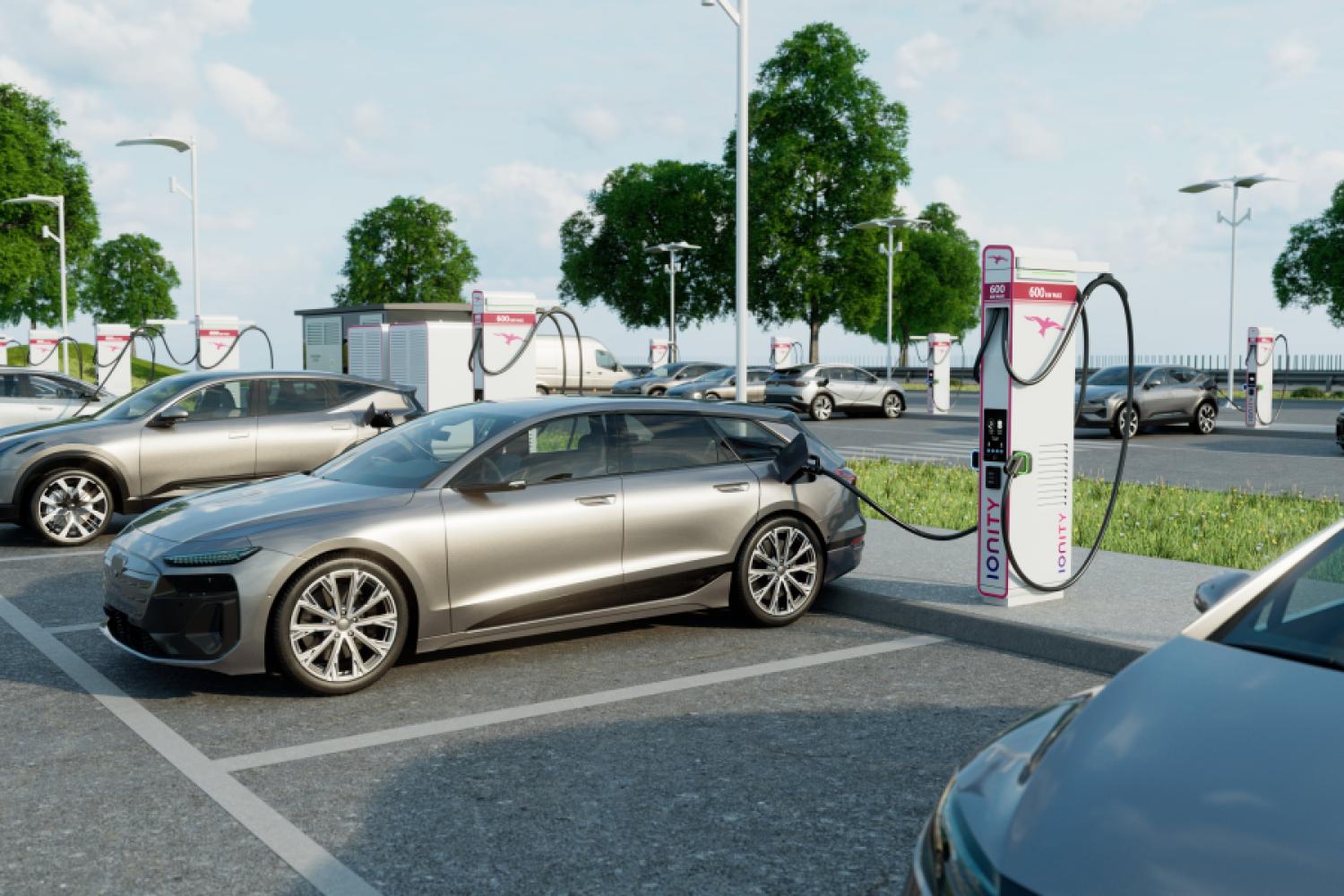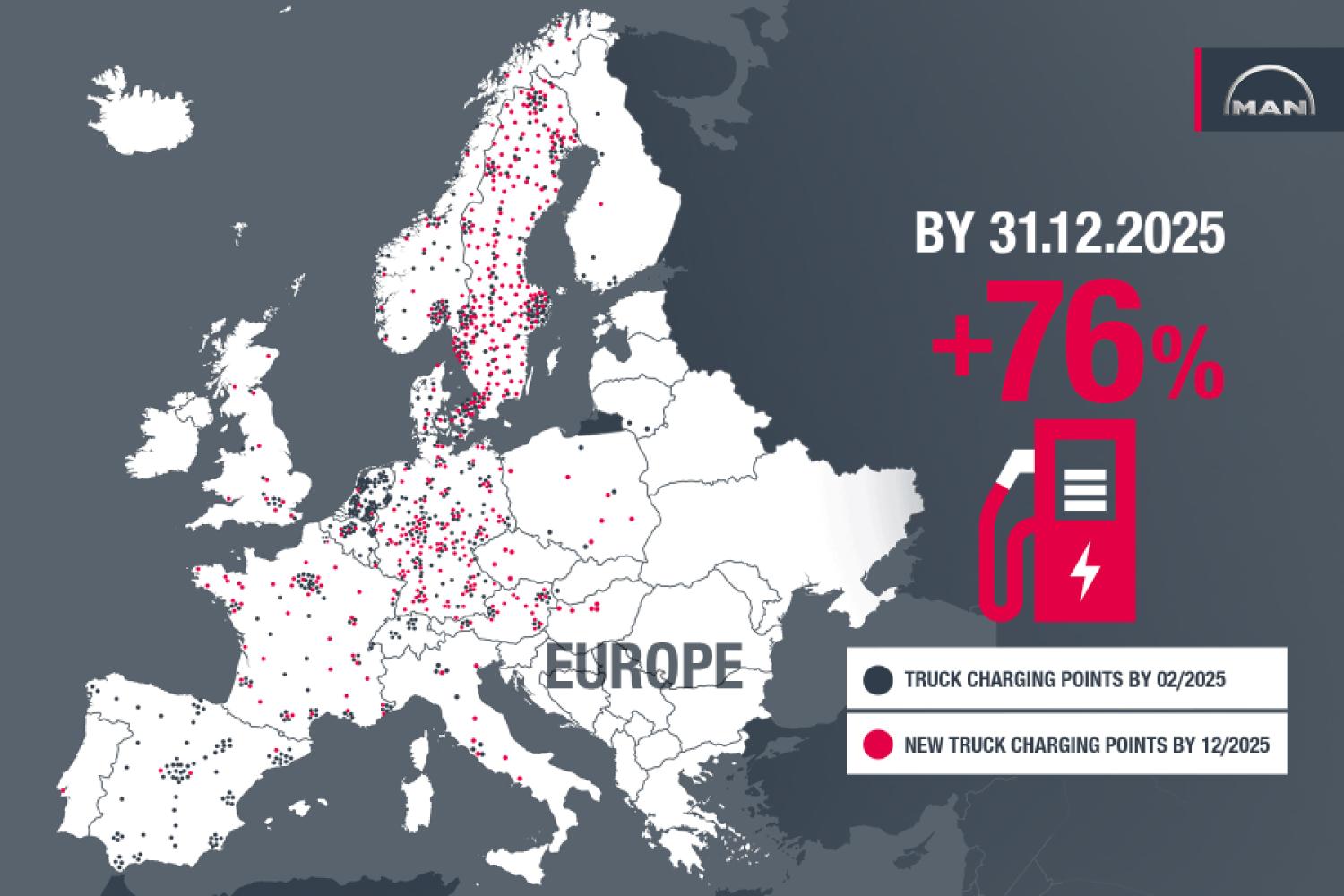With its Munich subsidiary Mahle Powertrain (MPT), the Stuttgart supplier Mahle is now participating in the Cavendish project for the development of hydrogen engines in England. The company specializes in advanced combustion engines and electric drive systems as well as alternative fuels. The H2 combustion engines are intended for early deployment in heavy transport and are expected to help reduce CO2 emissions. As the company reports, testing and calibration work on the machines has now begun at the English hydrogen test facility in Northampton to accelerate market readiness.
The Cavendish Project aims as a key British initiative to advance the use of hydrogen as a fuel for the heavy-duty sector and implement "market-ready solutions for the decarbonization of the transport industry" as quickly as possible. To push the decarbonization of the transport sector, existing facilities and infrastructure should also be utilized. The MPT test center, with its extensive experience in alternative fuels such as hydrogen and methanol, plays a crucial role in this plan, according to the English press release.
British Funds
Financial support for the endeavor is provided by the British government with around 9.8 million British Pounds (GBP). The initiative is carried out by the Advanced Propulsion Centre UK (APC), specializing in "zero-emission technology" in the automotive sector, based in Coventry southeast of Birmingham, about 50 kilometers away from the MPT test center. The institution, founded in 2013, serves to network industry, science, and government in the UK to move closer to this goal.
"Hydrogen internal combustion engines (H2-ICE) are very suitable for heavy transport over long distances, which are difficult to electrify. This way, the industry can benefit from years of development and investment that help accelerate the transition to climate neutrality,"
says MPT's head of research and predevelopment Jonathan Hall. The facilities are designed precisely for such advanced work, equipped with their own hydrogen supply, self-developed control and safety systems, and high-torque test benches; all factors well-suited for the test and calibration phase of the project.
Stricter CO2 Limits for Heavy-Duty Sector
Recently, the CO2 standards of the EU for heavy-duty vehicles have been revised. They are part of the EU legislative package "Fit for 55" aimed at implementing the "Green Deal", which seeks to reduce the EU emissions from new passenger cars by at least 55% by 2030 compared to the 1990 levels, to be "climate neutral" by 2050. For new light commercial vehicles, emissions are to be reduced by 50% by 2030. By 2035, no (zero) emissions are allowed from new passenger cars or light commercial vehicles.
Regarding new heavy-duty vehicles, i.e., medium and heavy trucks, as well as coaches and corresponding work vehicles, after the revision of May 2024, a reduction in CO2 emissions by 45% from 2030 (previously 30%), by 65% from 2035, and by 90% from or by 2040 compared to the 1990 level is required. "Meeting this accelerated schedule, which now also applies to a wider range of vehicles, poses a major challenge," according to Mahle.
High Investments for Stricter Climate Package
The British government has responded to the tightened schedule by providing 8.3 billion British Pounds through the recently established Great British Energy, a state investment facility for renewable energy. The funds are directed towards the hydrogen industry. Further up to 21.7 billion British Pounds are used for the development of carbon capture projects to tackle large-scale infrastructure projects.
High Potential Assumed
Mahle believes that hydrogen technology, together with fuel cell technology for electric vehicles, will create the need for a hydrogen infrastructure "that will be used for many decades to come." Furthermore, hydrogen can be utilized not only for road traffic but also for rail, air, and maritime transport.
According to Mahle, the Cavendish Project involves several partners besides Mahle Powertrain, such as Phinia, BorgWarner, Cambustion, and Hartridge. They are developing "innovative fuel injection systems and supporting turbocharger technologies" that will be ready for mass production before the new emission standards EUVII/US27 come into force.
Mahle Powertrain has recently expanded its capacities at the Northampton site and can now accommodate two "tube trailers" between which a quick switch can be made for a continuous supply of hydrogen, as stated. The engine test benches have also been upgraded and now have a rated power of 900 kilowatts (kW)/4,000 Newton meters (nm) to cover the main requirements in the heavy-duty sector. According to the report, specially developed control systems and software ensure safety.
Mahle Powertrain (MPT) claims to provide engineering services for the design, development, and integration of advanced internal combustion engines and electrified powertrain systems and is also specialized in alternative fuels. The company, whose US subsidiary was recently sold by Mahle, conducts research, development, and application of "new traditional and advanced powertrains." The facility in Northampton is used to develop ways to reduce fuel consumption, aiming to achieve lower emission levels.






